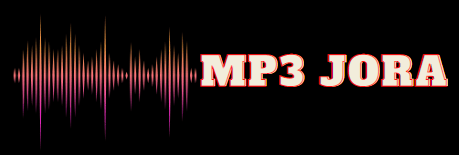The cause of this ailment is primarily viral and bacterial infections. It is worth emphasizing that coughing is not a disease entity, but only a symptom that should not be underestimated.
Coughing is most often caused by viral infections. In children, they are responsible for as much as 70-85% of infections of the throat and tonsils. Symptoms of a viral infection are mainly: nasal discharge, fever, sore throat or ear, and of course a persistent cough. The viruses also attack the larynx and trachea, manifested by barking coughs, hoarseness and shortness of breath. Viral infections can cause bronchitis and pneumonia, which is dangerous to our health.
The main viruses that cause respiratory infections are:
Rhinoviruses (responsible for 30-50% of infections)
Adenoviruses (about 5% cause infections of the upper respiratory tract and 10% cause pneumonia)
Coronaviruses (they cause about 10-15%)
Paragrip viruses (5% of all infections)
Influenza viruses (around 10-15% of infections)
RSV virus
EBV infectious mononucleosis
Enteroviruses (Coxackie A and B)
- In the case of viral infection, we do not give antibiotics. To deal with infections of this type, you need to implement a proper diet (rich in vitamins and zinc). I recommend the broth because it warms you up, but you can also try tea with ginger and honey. It is also important to properly humidify the air at home and regular inhalations with sea salt, eucalyptus or pine oil. This way we moisturize the respiratory tract, which is very important, says Magdalena Cubała-Kucharska, MD, an expert in integrative medicine.
Bacterial infections
Coughing is caused not only by viruses, but also by bacteria. Mycoplasma pneumonia and Chlamydia pneumoniae are bacteria that are mainly responsible for causing respiratory infections. The course of bacterial infection as compared to viral infection is usually more violent. The fever is also higher than with viral infections above 38 degrees Celsius. Coughing with a bacterial infection is less common and is usually a wet cough. For this type of cough, treatment is based on making the cough more effective. In most cases, home remedies, as well as expectorants and secretion-thinning medications (mucolytics) will help.
When discussing cough, it is worth paying attention to the differences not only in bacterial and viral infections, but also in infections and allergies. The cough that accompanies infections most often occurs with other symptoms. On the other hand, the allergic cough disappears when there is no factor causing the body's immune response. Parasites can make you cough, but it's more like coughing in the evening hours.






